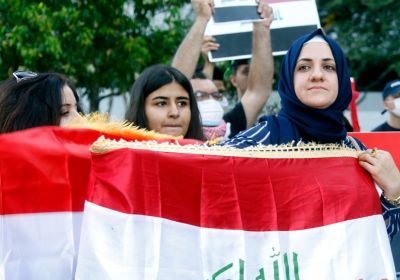
Millions of Iraqis are protesting an economic system that is delivering a spike in unemployment, corruption but has failed to deliver basic services, such as electricity.

Millions of Iraqis are protesting an economic system that is delivering a spike in unemployment, corruption but has failed to deliver basic services, such as electricity.
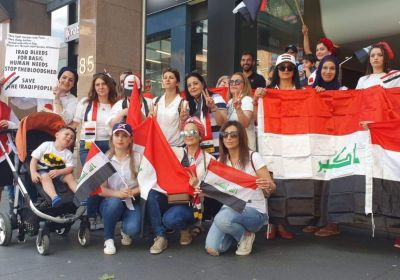
Since early October, there has been a spontaneous wave of demonstrations in Iraq’s capital Baghdad and other cities against widespread corruption, unemployment and poor public services.
Green Left Weekly’s Susan Price spoke to Sydney-based Iraqi human rights activist Abeer Hasan Abdulazeez about the significance of this movement.
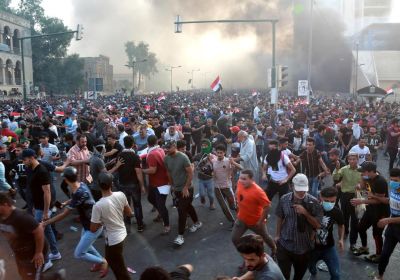
Huge protests have erupted on the streets of Iraq. Green Left Weekly’s Sam Wainwright spoke to Khalil Albawy. Albawy is a member of the Iraqi Communist Party and Secretary of the Iraqi and Australian Friendship Society in Western Australia.
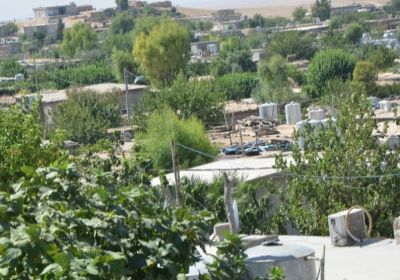
Turkey has begun a new bombing operation on the Maxmur (Makhmour) refugee camp in Iraqi Kurdistan (Bashur/Southern Kurdistan), which is home to over 13,000 Kurdish refugees.
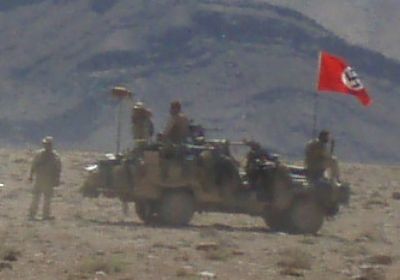
How many more leaked internal reports into criminal-sounding behaviour of some Australian army and special forces personnel do we need to demand the occupation troops in Afghanistan and Iraq be removed — immediately?
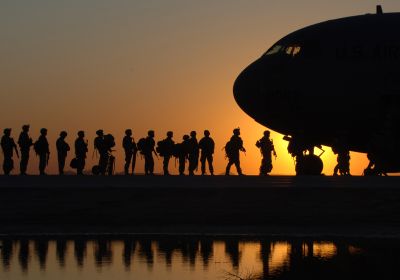
March 19 marks 15 years since the US-led invasion of Iraq in 2003, and the US people have no idea of the enormity of the calamity the invasion unleashed.
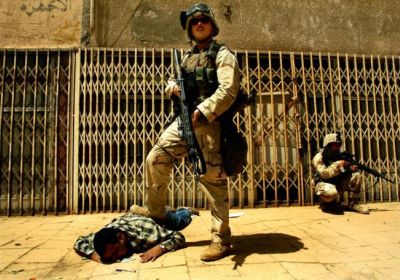
David Kilcullen operates in the post-structural, morally grey nether world that neoliberalism has created. Not quite a mercenary — but not much better — he slides between being an Australian soldier, a top-level civilian strategic thinking adviser to the US military, a “security consultant” and an academic.